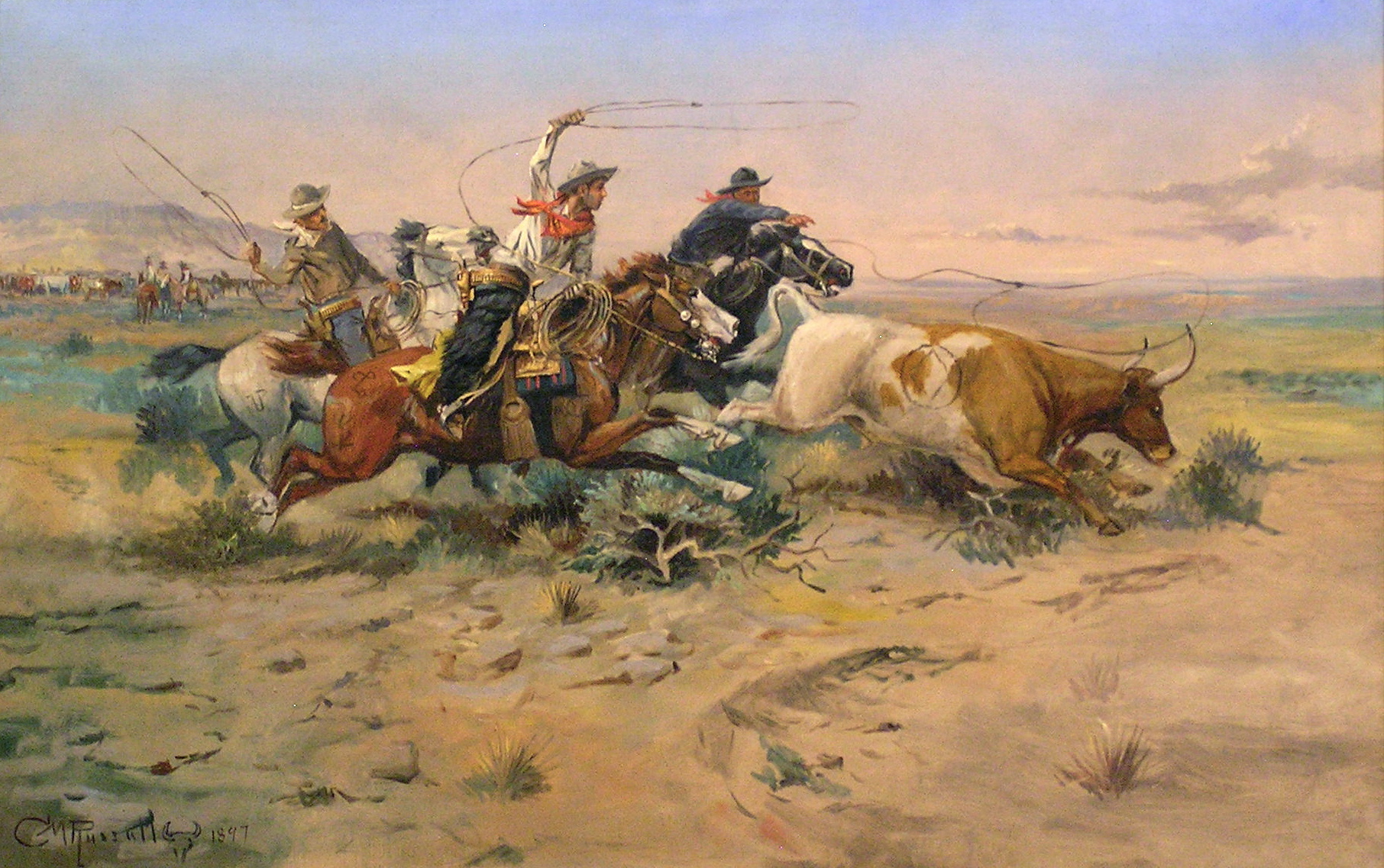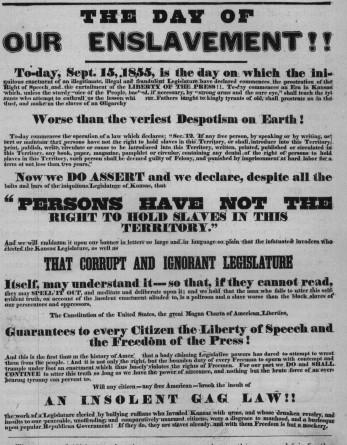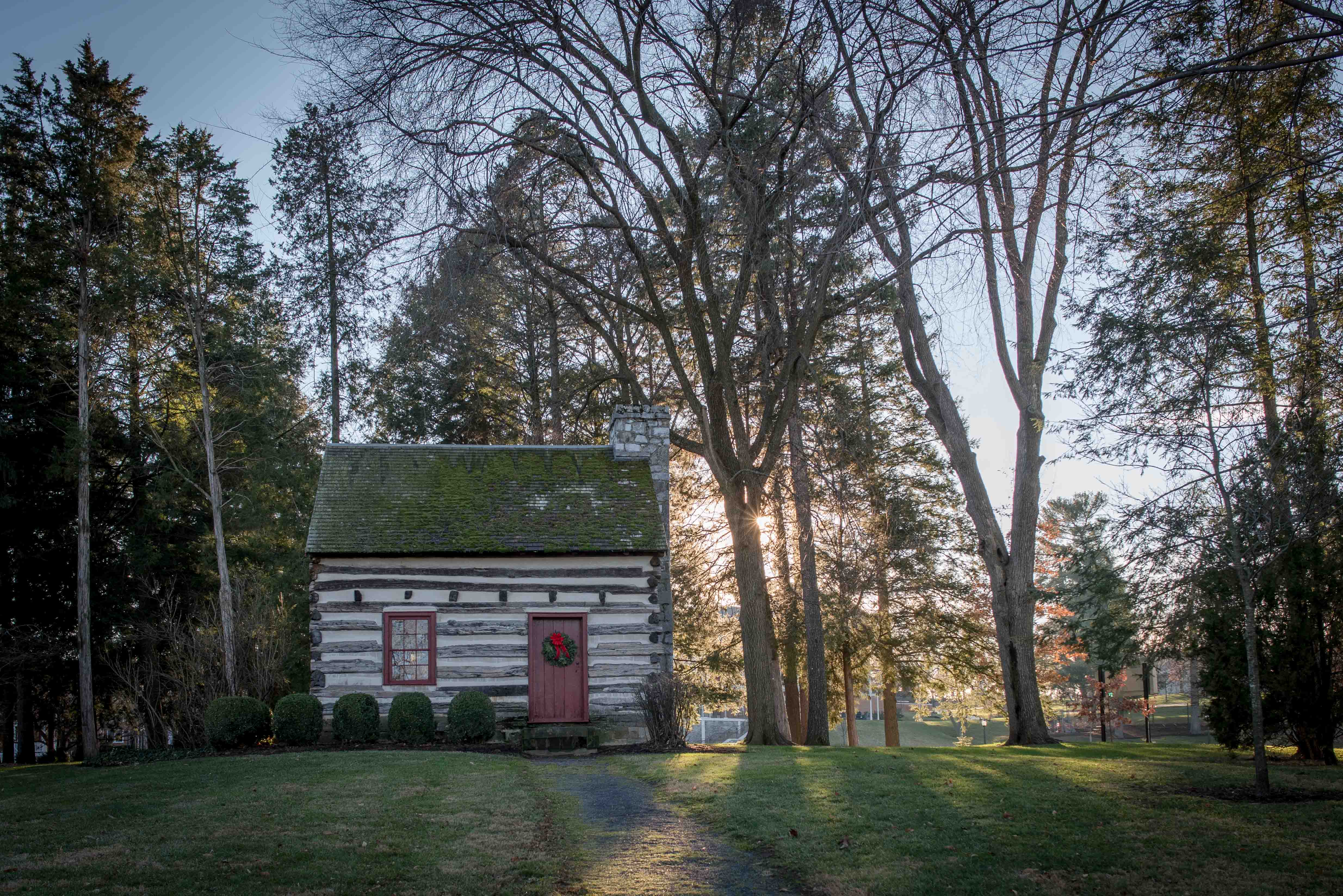|
Missouri Secession
During the lead-up to the American Civil War, the proposed secession of Missouri from the Union was controversial because of the state's disputed status. The Missouri state convention voted in March 1861, by 98-1, against secession, and was a border state until abolishing slavery in January 1865. Missouri was claimed by both the Union and the Confederacy, had two rival state governments, (its Confederate state “government” in exile, operating out of northern Texas), and sent representatives to both the United States Congress and the Confederate Congress. Despite sporadic threats from pro-Confederate irregular armies and the Confederacy controlling Southern Missouri early in the war, the Union government had established permanent control of Missouri by 1862, with the Missouri Confederate government functioning only as a government in exile for the rest of the duration of the war after being driven from the state. Missouri Constitutional Convention In the aftermath of the 186 ... [...More Info...] [...Related Items...] OR: [Wikipedia] [Google] [Baidu] |
American Civil War
The American Civil War (April 12, 1861May 26, 1865; also known by Names of the American Civil War, other names) was a civil war in the United States between the Union (American Civil War), Union ("the North") and the Confederate States of America, Confederacy ("the South"), which was formed in 1861 by U.S. state, states that had Secession in the United States, seceded from the Union. The Origins of the American Civil War, central conflict leading to war was a dispute over whether Slavery in the United States, slavery should be permitted to expand into the western territories, leading to more slave states, or be prohibited from doing so, which many believed would place slavery on a course of ultimate extinction. Timeline of events leading to the American Civil War, Decades of controversy over slavery came to a head when Abraham Lincoln, who opposed slavery's expansion, won the 1860 presidential election. Seven Southern slave states responded to Lincoln's victory by seceding f ... [...More Info...] [...Related Items...] OR: [Wikipedia] [Google] [Baidu] |
Nathaniel Lyon
Nathaniel Lyon (July 14, 1818 – August 10, 1861) was a United States Army officer who was the first Union Army, Union General officer, general to be killed in the American Civil War. He is noted for his actions in Missouri in 1861, at the beginning of the conflict, to forestall secret secessionist plans of the governor Claiborne Jackson. He had fought in the Second Seminole War in Florida and the Mexican–American War. In 1850 he co-led the Bloody Island Massacre of 60–200 Pomo Native Americans in the United States, Native American old men, women, and children as part of the wider California genocide. Several days later, Lyon was responsible for another massacre in Cokadjal, killing 75 to 100 Native Americans, albeit the number was likely double. After being assigned to Kansas, where many residents were divided about slavery and the Union, he developed strong pro-Union views. In February 1861, Lyon was made commander of the Union arsenal in St. Louis in Missouri, another d ... [...More Info...] [...Related Items...] OR: [Wikipedia] [Google] [Baidu] |
Montgomery Blair
Montgomery Blair (May 10, 1813 – July 27, 1883) was an American politician and lawyer from Maryland. He served in the Lincoln administration cabinet as Postmaster-General from 1861 to 1864, during the Civil War. He was the son of Francis Preston Blair, elder brother of Francis Preston Blair Jr. and cousin of B. Gratz Brown. Early life and education Blair was born in Franklin County, Kentucky, site of the state capital of Frankfort. His father, Francis Preston Blair, Sr., was editor of ''The Washington Globe'' and a prominent figure in the Democratic Party during the Jacksonian era. As a boy, Montgomery "often listened to the talk of his father and Andrew Jackson." Blair graduated from the United States Military Academy at West Point. After a year of service in the Seminole War, however, he left the U.S. Army, married Caroline Rebecca Buckner of Virginia, and began studying law at Transylvania University in Lexington, Kentucky. Career Blair began to practice law ... [...More Info...] [...Related Items...] OR: [Wikipedia] [Google] [Baidu] |
Abraham Lincoln
Abraham Lincoln (February 12, 1809 – April 15, 1865) was the 16th president of the United States, serving from 1861 until Assassination of Abraham Lincoln, his assassination in 1865. He led the United States through the American Civil War, defeating the Confederate States of America and playing a major role in the End of slavery in the United States, abolition of slavery. Lincoln was born into poverty in Kentucky and raised on the American frontier, frontier. He was self-educated and became a lawyer, Illinois state Illinois House of Representatives, legislator, and U.S. representative. Angered by the Kansas–Nebraska Act of 1854, which opened the territories to slavery, he became a leader of the new History of the Republican Party (United States), Republican Party. He reached a national audience in the Lincoln–Douglas debates, 1858 Senate campaign debates against Stephen A. Douglas. Lincoln won the 1860 United States presidential election, 1860 presidential election, wh ... [...More Info...] [...Related Items...] OR: [Wikipedia] [Google] [Baidu] |
Francis Preston Blair Jr
Francis Preston Blair Jr. (February 19, 1821 – July 8, 1875) was a United States Senator, a United States Congressman and a Union Army major general during the American Civil War. He represented Missouri in both the House of Representatives and the Senate, and was active in preventing the state of Missouri from being absorbed into the Confederacy at the beginning of the war. Blair was instrumental in appointing Nathaniel Lyon as the new military commander of the Western Department of the U.S. Army. He assisted Lyon in securing help of the St. Louis Home Guard in moving over 20,000 rifles and muskets from the St. Louis Arsenal to Illinois. Missouri secessionists considered this event as breaking of informal truce established in the state. This set the scene for the Camp Jackson Affair and continuing guerrilla activity by outraged pro-slavery elements. In 1862, Blair joined the Missouri volunteers, being promoted major general, commanded a division at Vicksburg under Sherm ... [...More Info...] [...Related Items...] OR: [Wikipedia] [Google] [Baidu] |
Wide Awakes
The Wide Awakes were a youth organization and later a paramilitary organization cultivated by the Republican Party during the 1860 presidential election in the United States. Using popular social events, an ethos of competitive fraternity, and even promotional comic books, the organization introduced many to political participation and proclaimed itself as the newfound voice of younger voters. The structured militant Wide Awakes appealed to a generation which had been profoundly shaken by the partisan instability in the 1850s, and offered young northerners a much-needed political identity. Overview In February 1860, abolitionist Cassius Marcellus Clay spoke in Hartford, Connecticut. As five textile clerks led a torch-lit march through town after the speech, they successfully fought off an attack by Democratic Party members. Adopting the uniform of black capes that such torchbearers wore to protect themselves from dripping oil onto their clothing, local Republicans were spur ... [...More Info...] [...Related Items...] OR: [Wikipedia] [Google] [Baidu] |
Western United States
The Western United States (also called the American West, the Western States, the Far West, the Western territories, and the West) is List of regions of the United States, census regions United States Census Bureau. As American settlement in the U.S. Manifest destiny, expanded westward, the meaning of the term ''the West'' changed. Before around 1800, the crest of the Appalachian Mountains was seen as the American frontier, western frontier. The frontier moved westward and eventually the lands west of the Mississippi River were considered ''the West''. The U.S. Census Bureau's definition of the 13 westernmost states includes the Rocky Mountains and the Great Basin to the West Coast of the United States, Pacific Coast, and the mid-Pacific islands state, Hawaii. To the east of the Western United States is the Midwestern United States and the Southern United States, with Canada to the north and Mexico to the south. The West contains several major biomes, including arid and Sem ... [...More Info...] [...Related Items...] OR: [Wikipedia] [Google] [Baidu] |
Bleeding Kansas
Bleeding Kansas, Bloody Kansas, or the Border War, was a series of violent civil confrontations in Kansas Territory, and to a lesser extent in western Missouri, between 1854 and 1859. It emerged from a political and ideological debate over the legality of slavery in the United States, slavery in the proposed state of Kansas. The conflict was characterized by years of electoral fraud, raids, assaults, and murders carried out in the Kansas Territory and neighboring Missouri by proslavery "border ruffians" and retaliatory raids carried out by Abolitionism in the United States, antislavery "Free-Stater (Kansas), free-staters". According to ''Kansapedia'' of the Kansas Historical Society, 56 political killings were documented during the period, and the total may be as high as 200. It has been called a Tragic Prelude, or an overture, to the American Civil War, which immediately followed it. The conflict centered on the question of whether Kansas, upon gaining statehood, would join th ... [...More Info...] [...Related Items...] OR: [Wikipedia] [Google] [Baidu] |
James Buchanan
James Buchanan Jr. ( ; April 23, 1791June 1, 1868) was the 15th president of the United States, serving from 1857 to 1861. He also served as the United States Secretary of State, secretary of state from 1845 to 1849 and represented Pennsylvania in both houses of the U.S. Congress. Buchanan was an advocate for states' rights, particularly regarding Slavery in the United States, slavery, and minimized the role of the Federal government of the United States, federal government preceding the American Civil War. Buchanan was a lawyer in Pennsylvania and won his first election to the state's Pennsylvania House of Representatives, House of Representatives as a Federalist Party, Federalist. He was elected to the U.S. House of Representatives in 1820 and retained that post for five terms, aligning with Andrew Jackson's Democratic Party (United States), Democratic Party. Buchanan served as Jackson's List of ambassadors of the United States to Russia, minister to Russia in 1832. He won t ... [...More Info...] [...Related Items...] OR: [Wikipedia] [Google] [Baidu] |
Department Of The West
The Department of the West, later known as the Western Department, was a major command ( Department) of the United States Army during the 19th century. It oversaw the military affairs in the country west of the Mississippi River to the borders of California and Oregon. Organization The Department of the West was created in a reform of army organization nationwide on October 31, 1853, from a consolidation of the existing 6th Military District (headquartered at Jefferson Barracks, Missouri) and 7th Military District (Fort Smith, Arkansas) Departments. It reported directly to the headquarters of the Army in Washington, D.C. In the 1853 reorganization the Department of the Pacific was also created, from consolidation of the 10th (California) and 11th (Oregon) Departments. The Department of the West's headquarters continued at Jefferson Barracks in St. Louis, although it moved briefly to Fort Leavenworth, Kansas, during the Bleeding Kansas skirmishes. Civil War As the Southern sta ... [...More Info...] [...Related Items...] OR: [Wikipedia] [Google] [Baidu] |
William S
William is a masculine given name of Germanic languages, Germanic origin. It became popular in England after the Norman Conquest, Norman conquest in 1066,All Things William"Meaning & Origin of the Name"/ref> and remained so throughout the Middle Ages and into the modern era. It is sometimes abbreviated "Wm." Shortened familiar versions in English include Will (given name), Will or Wil, Wills, Willy, Willie, Bill (given name), Bill, Billie (given name), Billie, and Billy (name), Billy. A common Irish people, Irish form is Liam. Scottish people, Scottish diminutives include Wull, Willie or Wullie (as in Oor Wullie). Female forms include Willa, Willemina, Wilma (given name), Wilma and Wilhelmina (given name), Wilhelmina. Etymology William is related to the German language, German given name ''Wilhelm''. Both ultimately descend from Proto-Germanic ''*Wiljahelmaz'', with a direct cognate also in the Old Norse name ''Vilhjalmr'' and a West Germanic borrowing into Medieval Latin ''Wil ... [...More Info...] [...Related Items...] OR: [Wikipedia] [Google] [Baidu] |
Brigadier General (United States)
In the United States Armed Forces, a brigadier general is a one-star general officer in the United States Army, Marine Corps, Air Force, and Space Force. A brigadier general ranks above a colonel and below a Major general (United States), major general. The U.S. uniformed services pay grades, pay grade of brigadier general is O-7. It is equivalent to the rank of Rear admiral (United States)#Rear admiral (lower half), rear admiral (lower half) in the other United States Uniformed services of the United States, uniformed services which use Naval officer ranks, naval ranks. It is abbreviated as BG in the Army, BGen in the Marine Corps, and Brig Gen in the Air Force and Space Force. The Civil Air Patrol also uses this grade for its National Vice Commander and some past National commanders. History The rank of brigadier general has existed in the U.S. military since the inception of the Continental Army in June 1775. To prevent mistakes in recognizing officers, a general ord ... [...More Info...] [...Related Items...] OR: [Wikipedia] [Google] [Baidu] |




